When news came in of Indira Gandhi’s assassination on Oct 31, 1984, our team at the New Nation newspaper went into a huddle to formulate an editorial on the subject. Led by Waheedul Haque, our Waheed Bhai, we produced the editorial fairly quickly, had it approved and sent to the press. It was a gloomy day we plodded through. We went into a recapitulation of how important the role of the Indian leader had been for us as we marched into our struggle for liberation in 1971.
All these decades on, it is those times, those critical moments 50 years ago which make their way back into the memory as we recall Indira Gandhi. The thrill we in Bangladesh felt as we heard her declaim in the Lok Sabha, on radio direct from New Delhi on Dec 16, 1971 — ‘Dhaka is now the free capital of a free country’ — yet courses through us as we move into late middle age.
For the people of Bangladesh, it is Indira Gandhi’s generosity of spirit that will forever remain a major factor in their history. When the Pakistan army launched Operation Searchlight on Mar 25 and frightened Bengalis began to make their way to the frontier with India, the Indian government could well have sealed the border on the ground that what was happening in East Pakistan was an internal matter of Pakistan. But Delhi did not do that. Over the nine months of the war, as many as 10 million Bengali refugees sought and found shelter in camps in West Bengal, Assam and Tripura. Indira Gandhi toured the camps, making sure that the refugees were properly taken care of.
Her meeting with Tajuddin Ahmad in early April was decisive in that it paved the way for the formation of Bangladesh’s government, the very first Bengali administration in history, a couple of weeks later. The Mujibnagar government, operating from 8 Theatre Road in Kolkata, owed much to Indira Gandhi, who adopted the position that Bangladesh was an inevitability and that India had a moral duty to support the Bengali cause. The moral and material support provided by Delhi to the government, to the Mukti Bahini, are today significant chapters in Bangladesh’s historical chronicles.
Prime Minister Indira Gandhi travelled the world disseminating the Bangladesh cause before the world, a responsibility no other global leader undertook to carry out. Of course, the Soviet Union supported the Bengali struggle and of course leaders and societies elsewhere sympathised with the Bengali cause. But it was Indira Gandhi who chose to visit global capitals and personally acquaint her hosts with the nature of the tragedy that had engulfed East Bengal. In Washington, where an anti-India alliance of Richard Nixon and Henry Kissinger did all it could to undermine the Indian position as well as the Bengalis’ war of liberation, Indira Gandhi stood her ground and made it known that Delhi’s support for a soon-to-be Bangladesh was unwavering.
And while Indira Gandhi’s government went all the way in assisting the Bengali guerrilla struggle, the Prime Minister also maintained the diplomatic position that any solution to the crisis in East Bengal necessitated direct negotiations between the Yahya Khan junta and the incarcerated Sheikh Mujibur Rahman. Her pronouncements on Bangladesh consistently included a firm call for the release of Bangabandhu Sheikh Mujibur Rahman as a first step toward finding a solution to the conflict. When Yahya Khan used the derogatory term of ‘that woman’ about her, she ignored him in the way a sophisticated politician would. She was well aware of the abusive manner in which Nixon and Kissinger referred to her, but she ignored that crudity on their part.
Indira Gandhi, aware of the worries associated with India’s probable outlook once Bangladesh was freed, quickly let the world in on Delhi’s position. That Bangladesh was an independent entity was the policy Indira Gandhi informed the world of when India formally recognised Bangladesh on Dec 6, 1971. And that was a full 10 days before the surrender of the Pakistan army to the joint command of Indian and Bangladesh forces in Dhaka. Indira Gandhi expanded on the policy when she informed a freed Bangabandhu, who wished to know when Indian troops would leave Bangladesh, on 10 January in Delhi that the soldiers would be withdrawn whenever the Bengali leader wanted them to. The Indian army went back home to India from Bangladesh well before Bangabandhu’s birthday on Mar 17, 1972.
Toughness defined Indira Gandhi’s politics, insofar as it concerned her positions on Bangladesh and on all other issues of an internal and external nature for India. The urbane underpinned her leadership. She made sure in mid-1972, when Pakistan’s new leader Zulfikar Ali Bhutto travelled to Simla, that everything was done to make his stay comfortable. When she spotted her portrait on the wall in the bedroom where Bhutto would stay, she ordered it removed. As the leader of the country which had militarily defeated Pakistan, she had little wish to be arrogant. Throughout the negotiations, she remained gracious toward Bhutto, who had in his career often denigrated her before the crowds at his public rallies.
Indira Gandhi warned, on many occasions, Bangabandhu Sheikh Mujibur Rahman of the threats to his life, asking him to ensure foolproof security for himself. On the day Bangladesh’s founding father was assassinated along with nearly his entire family in Dhaka, she was busy taking part in celebrations of India’s independence day in New Delhi. She knew only too well that the subcontinent was in for a new crisis. As the Ziaul Haque military regime in Islamabad went ahead in early 1979 with plans to execute ZA Bhutto on questionable charges of murder, Indira Gandhi, at the time out of power, joined scores of world leaders in pleading for his life to be spared.
It remains a measure of Indira Gandhi’s affections for Bangladesh that Sheikh Hasina found a home in Delhi before she returned to Dhaka from exile in mid-1981. As we remember Indira Gandhi today, we go back to her statement in the Indian parliament on Dec 16, 1971:
“We hail the people of Bangladesh in their hour of triumph. We hail the brave young men and boys of the Mukti Bahini for their valour and dedication . . . We hope and trust that the Father of this new nation, Sheikh Mujibur Rahman, will take his rightful place among his own people and lead Bangladesh to peace, progress and prosperity . . . The triumph is not theirs alone. All nations who value the human spirit will recognise it as a significant milestone in man’s quest for liberty.”
Postscript: On the morning of Oct 31, 1984, Indira Gandhi emerged from her residential quarters to walk to the office where a foreign television crew would soon be interviewing her. As she approached her security guards, she wished them ‘Namaste’ with folded palms. The guards riddled her with bullets.
Syed Badrul Ahsan is a politics and history analyst.
This article was originally published in BDNEWS24.




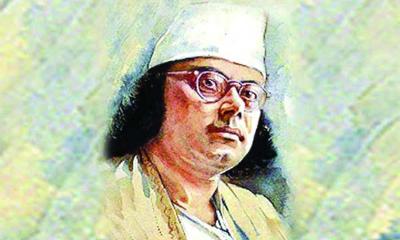
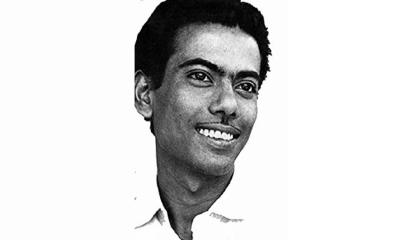
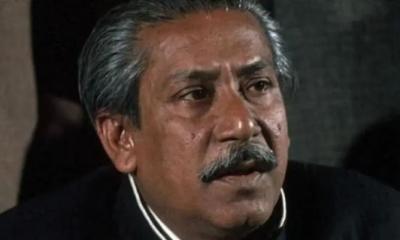
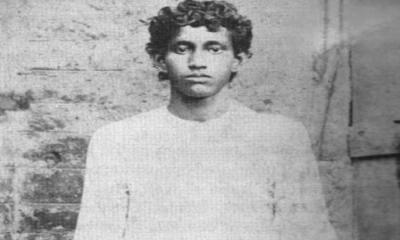
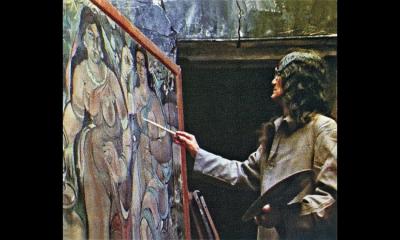



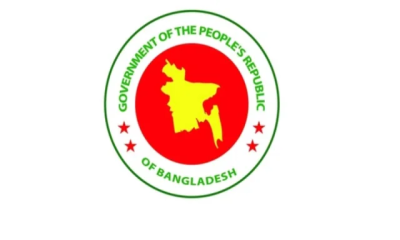
-20260302065048.webp)
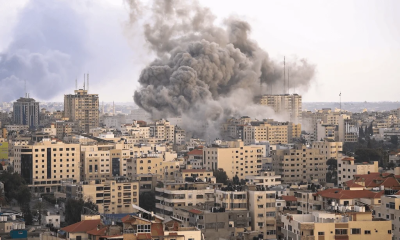


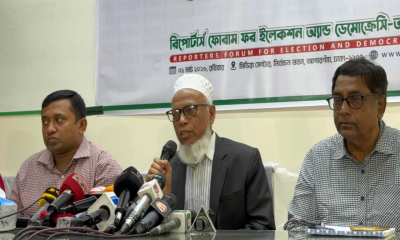
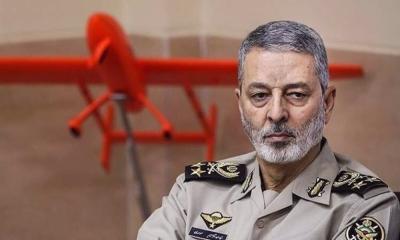

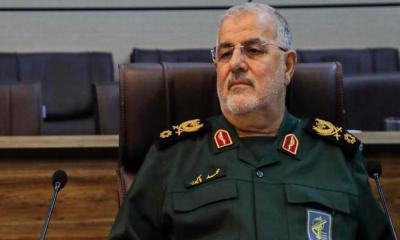
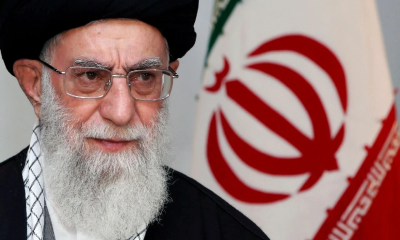
-20260301064029.webp)
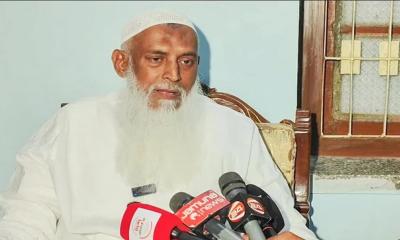
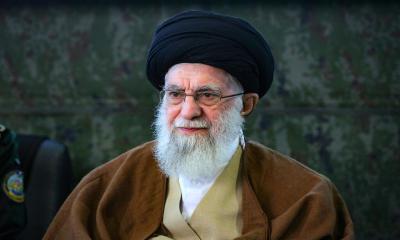






-20260224075258.webp)



-20260225072312.webp)

